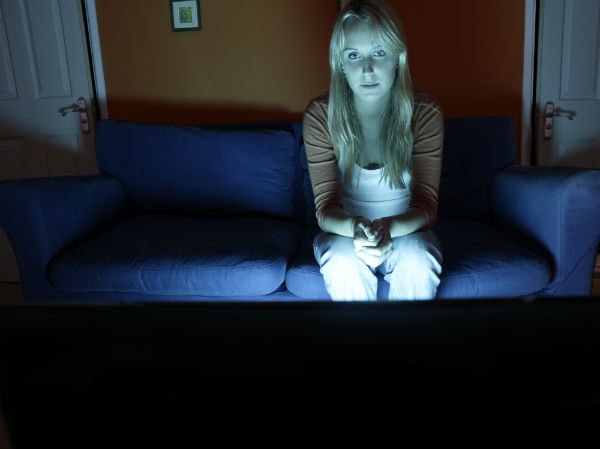

Going to antenatal classes and making friends with other pregnant women or new parents can also be helpful. There are things you can do during pregnancy to help you keep well, such as maintaining a healthy lifestyle and having someone you can talk to and turn to for support. Looking after a baby can be stressful and exhausting. It often takes time to adapt to becoming a new parent.

a history of mental health problems during pregnancy.a history of mental health problems, particularly depression, earlier in life.There are a number of things that may make you more likely to have postnatal depression. The cause of postnatal depression is not completely clear. Local and national organisations, such as the Association for Post Natal Illness (APNI) and Pre and Postnatal Depression Advice and Support (PANDAS), can also be useful sources of help and advice. antidepressants – these may be recommended if your depression is more severe or other treatments have not helped your doctor can prescribe a medicine that's safe to take while breastfeeding.psychological therapy – a GP may be able to recommend a self-help course or may refer you for a course of therapy, such as cognitive behavioural therapy (CBT).self-help – things you can try yourself include talking to your family and friends about your feelings and what they can do to help, making time for yourself to do things you enjoy, resting whenever you get the chance, getting as much sleep as you can at night, exercising regularly, and eating a healthy diet.Postnatal depression can be lonely, distressing and frightening, but support and effective treatments are available. your baby will not be taken away from you – babies are only taken into care in very exceptional circumstances.being depressed does not mean you're a bad parent.it's not your fault you're depressed – it can happen to anyone.depression is an illness like any other.a range of help and support is available, including talking therapy.Many midwives and health visitors have been trained to recognise postnatal depression and have techniques that can help. Many women do not realise they have postnatal depression because it can develop gradually. frightening thoughts – for example, about hurting your baby.

problems concentrating and making decisions.withdrawing from contact with other people.finding it difficult to look after yourself and your baby.trouble sleeping at night and feeling sleepy during the day.lack of energy and feeling tired all the time.lack of enjoyment and loss of interest in the wider world.a persistent feeling of sadness and low mood.Signs that you or someone you know might be depressed include: Postnatal depression can start any time in the first year after giving birth. If your symptoms last longer or start later, you could have postnatal depression. The "baby blues" do not last for more than 2 weeks after giving birth. This is often called the " baby blues" and is so common that it's considered normal. Many women feel a bit down, tearful or anxious in the first week after giving birth. Read more about mental health in pregnancy Symptoms of postnatal depression Other mental health symptoms that can occur during or after your pregnancy include anxiety, panic attacks and psychosis. Depression in pregnancy (antenatal depression) is also common, affecting more than 1 in 10 women.


 0 kommentar(er)
0 kommentar(er)
